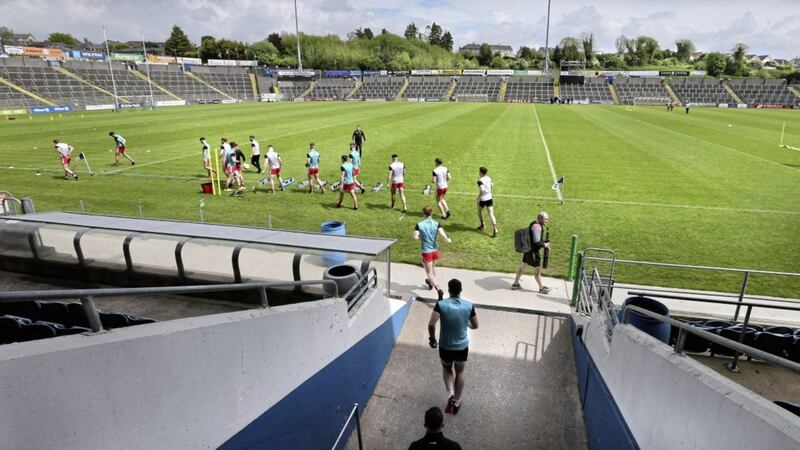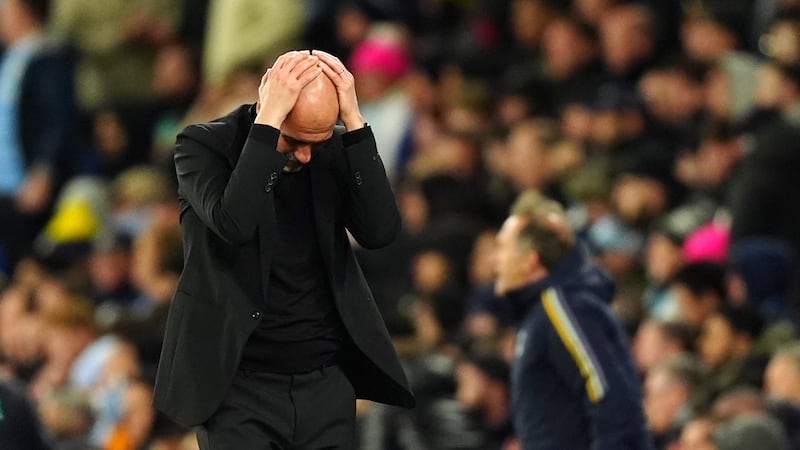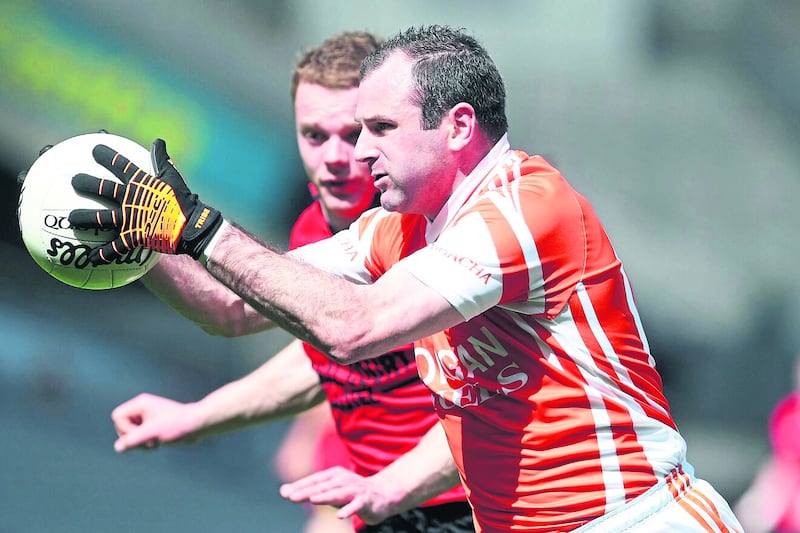If you're involved in managing or coaching a team then you are bound to have come across this type of player on a regular basis. The guy that trains absolutely shooting the lights out, but come match day, fails to deliver. This is a common theme in football teams the length and breadth of the country and it is a conundrum to many management teams.
There are many reasons why players perform at a higher level in training than what they do in a match, and I believe that one of the most common reasons is simply because it's a much more relaxed environment for the player, therefore there is less pressure to perform.
If a player responds greater to a relaxed environment then that is exactly what they must create for themselves on match day. The player must take responsibility for this situation and identify how they can remain relaxed for a game.
Another reason for non-performance in matches can be the way our game has developed, particularly in the last number of years. There is more of an emphasis on creating athletes than there is on footballers. The athlete is selected ahead of the guy with more natural footballing ability, but he is simply a much better trainer.
This can actually be a positive thing depending on the area of the field that the athlete is playing in but you would want that athlete to have good footballing ability too. James McCarthy is a great example of a blend of both. An extremely talented player with a tremendous engine to get up and down a football pitch at ease.
I played alongside Aaron Kernan too and he is another player with a tremendous footballing brain, but also the stamina to get up and down the pitch throughout a game.
Another reason for failure to turn up on match day is that players have got to learn to play using their heads and understand game management more.
A player with a good footballing brain is a valuable asset to any team and they may not always be the most athletic player but they will be the one that makes the team tick. You can almost guarantee that this type of player performs at an eight out of 10-rating week after week.
This is a player that always plays with their head up, scanning the field to identify certain scenarios one or two plays in advance. Quite often, they are the go-to player when you need something to happen.
I am a firm believer, however, in how you train is exactly how you will play in a match. This is what worked best for me personally but everyone is different.
Training sessions on the pitch, gym sessions, speed sessions, fitness sessions and extra skills sessions all serve a purpose. That purpose is to improve each player and to make them a better footballer therefore providing them with a greater chance of winning.
In the modern game, all of these training sessions are being done to be able to compete. A player must find out for themselves exactly what it is that makes them perform during a match and the place to tinker with this is on the training field.
Tweaking things here and there is a normal thing to do. It could well be the timing of your pre-match meal, the duration of a warm up, your focus on the management’s instructions. These may seem tiny in the overall scheme of things but I can assure you that they are all critical for maximum performance.
There is a shooting exercise that I often do with teams and this is a clear sign to me if players can focus themselves or not. It's fairly simple where half the team are out around the D area shooting and the other half are behind the goals getting balls out as fast as possible.
The main reason I do this is because the majority of scores in any game are taken from around that zone. The other reason I do it is to look at body language.
Players often see it as an area where it's easy to score from therefore they are lazy in their approach. What happens is that balls drop short and some are kicked wide because of complacency.
From the D area, that should not be the case. A lazy approach here leads to a lazy approach in a match.
Playing how you train can become more consistent but only if the real work is put in on the training nights and there is a goal set by the player for each session.
A final note to congratulate Kilcoo on an emphatic win to claim a second Ulster title in-a-row. It is quite clear that their ambition is to win the All-Ireland club title.
They are in a great position to do this and are a team that have a serious desire and attitude to win games. These guys obviously have their preparations off to a tee because more often than not, they perform when it matters most. That is the difference between winning and losing.







